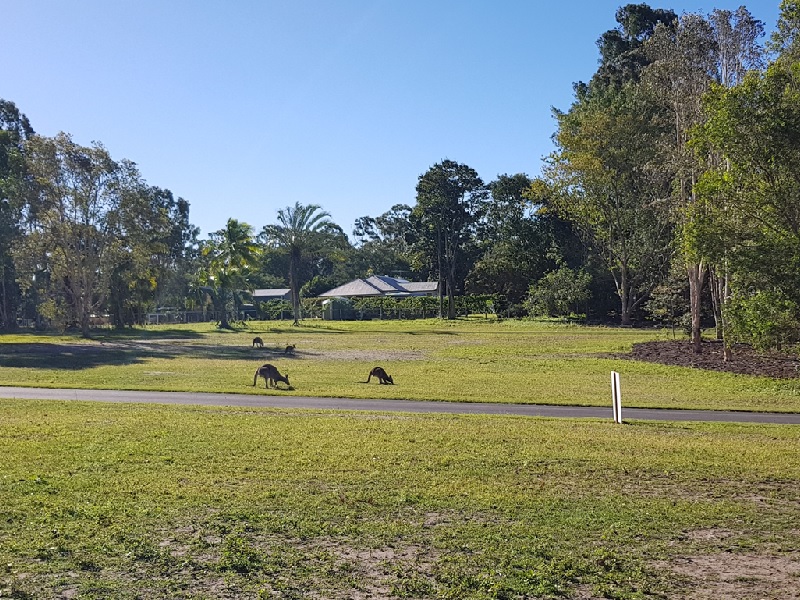How to choose the right block of land
Investing in a large block of land requires great consideration of a number of items to ensure you have chosen the correct block.
Whether you are looking at 100 acres, 10 acres or rural residential lifestyle acreage – blocks of ½ (2000 sqm) to ¾ (3000 sqm) acres – they all have similar considerations.
However, acreage life is not always simple, particularly for larger acreage and may require a lot of pre-planning to ensure you acquire what you want, then work to maintain your property.
Here’s what you need to know when looking at your options and make sure you make the best decision possible.

Where to buy your acreage
Firstly, buying a long way from metropolitan areas will most likely lead to cheaper land. However, if it is a long way from populated areas, any rise in land value may be slower.
You therefore need to purchase away from major cities, but within reach of urban growth will ensure that you will still gain equity in your block.
If you are buying long way from amenities, you will need to be prepared to drive a distance to schools, trains and even for groceries. If you have medical issues, you may want to consider the length of time it takes to get to get any help you may require.
There a plenty of options within the Moreton Bay Regional Council area which offer get space but still close to amenities.
Utilities for large acreage land
Many large acreages that have been subdivided may not have had power, water, sewage, NBN to the house blocks. These are huge expenses and must be included in your budget if you are buying outside of a development.
When buying within rural residential developments, the facilities will already be part of the package, but divided amongst the multiple blocks.
Assessing trees on acreage blocks
As part of assessing the land itself, you need an understanding of the existing trees. Some trees will be protected and you will not be allowed to cut them down. Some may require removal as they are dangerous. This all adds up in your budget.
However, acreage is about lifestyle and the retention of as many trees as possible would likely be your goal. There are some articles that even point the many economic benefits of keeping trees on or near your piece of land.
Building on the land
If you are intending on building on your block, a few things need to be noted.
Firstly, is there a solid/flat house block, or does it require fill or grading. Then you should determine what direction the house will face. North facing homes are easier to keep cool in summer and warm in winter.
Finally, you need to decide what sort of building will suit your block and find the right builder.
Local Planning and Permits
Local planning restrictions, easements and covenants are also vital to check. Frankly, rural areas are more relaxed, but it is always good to check first to determine what you want to build is permitted and if any usage requires additional permits.
Livestock requirements and allowances
If your dream was to own a horse or a cow, you need to check local council requirements.
In Moreton Bay it is currently a minimum land size of 6001 sqm (about 1.5 acres) for one horse or a cow and 3001 sqm for a sheep. If you are wanting livestock, you will ideally need 10+ acres.
Once you have worked out your livestock and land size requirements, you need to determine if the property is adequately fenced and if it has facilities to look after your livestock.
Maintenance on big lots of land
With a 3000 sqm block, you could easily spend only a short part of your weekends on a ride on mower and cover it fairly quickly. However, looking at 5 acres and up, you will need to undertake weed and grass control.
You may have decided livestock is the best option, but you will need to retain a budget for periodic slashing and perhaps more.
Financing options for acreage lots
Once you have navigated all of these items, you will now need to see a lender to help you purchase the block.
As long as the land does not generate enough income to cover operating expenses, it will still be a lifestyle block and fit within the residential loan criteria, which is a lot cheaper than a commercial loan and also has the usual deposit requirements.

